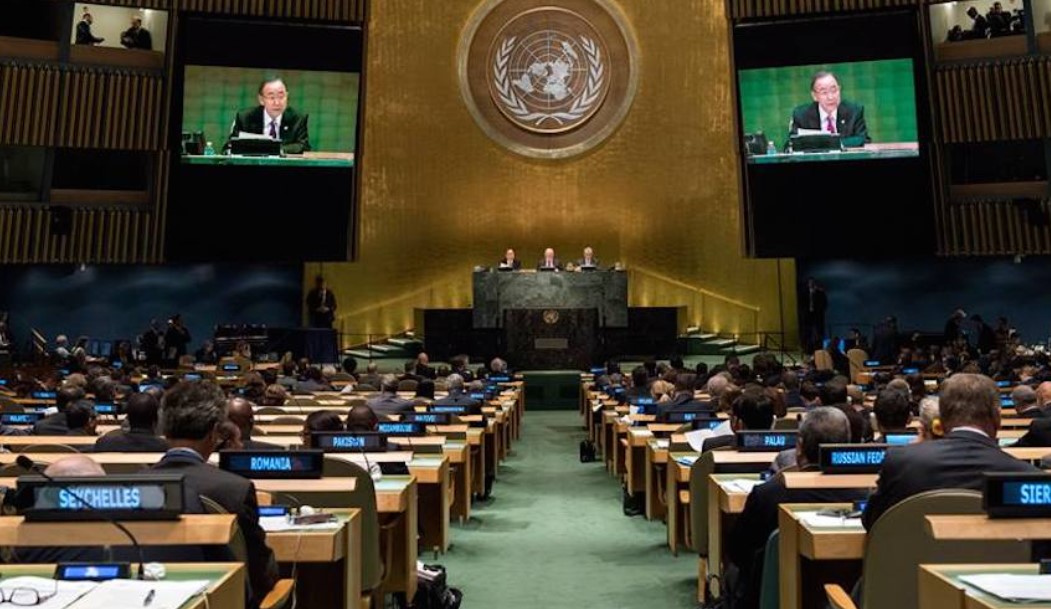The United Nations General Assembly Member states have adopted 7 July as the World Kiswahili Language Day, a historic resolution tabled by Kenya and Tanzania on behalf of the African Group.
The Permanent Mission to the UN said the General Assembly resolved to promote multilingualism as a core value of the United Nations.
“The resolution recognized the role played by Kiswahili language in promoting peace, unity, socio-economic development and cultural diversity, as well as creating awareness and fostering dialogues among peoples.”
Kiswahili is one of the most widely used languages of the African family and is the most widely spoken language in sub-Saharan Africa.
It is among the world's 10 most widely spoken languages, with more than 200 million speakers.
Did you read this?
It is one of the lingua franca in many countries within East, Central, and Southern Africa and the Middle East.
Kiswahili is the official language of the African Union (AU), Southern African Development Community (SADC), and East African Community (EAC).
While Kiswahili is the region’s lingua franca, spoken extensively in Tanzania as both national and official, it was adopted as the official language of the EAC in 2017. EAC member states are Tanzania, Kenya, Uganda, Rwanda, Burundi, South Sudan and DRC.









